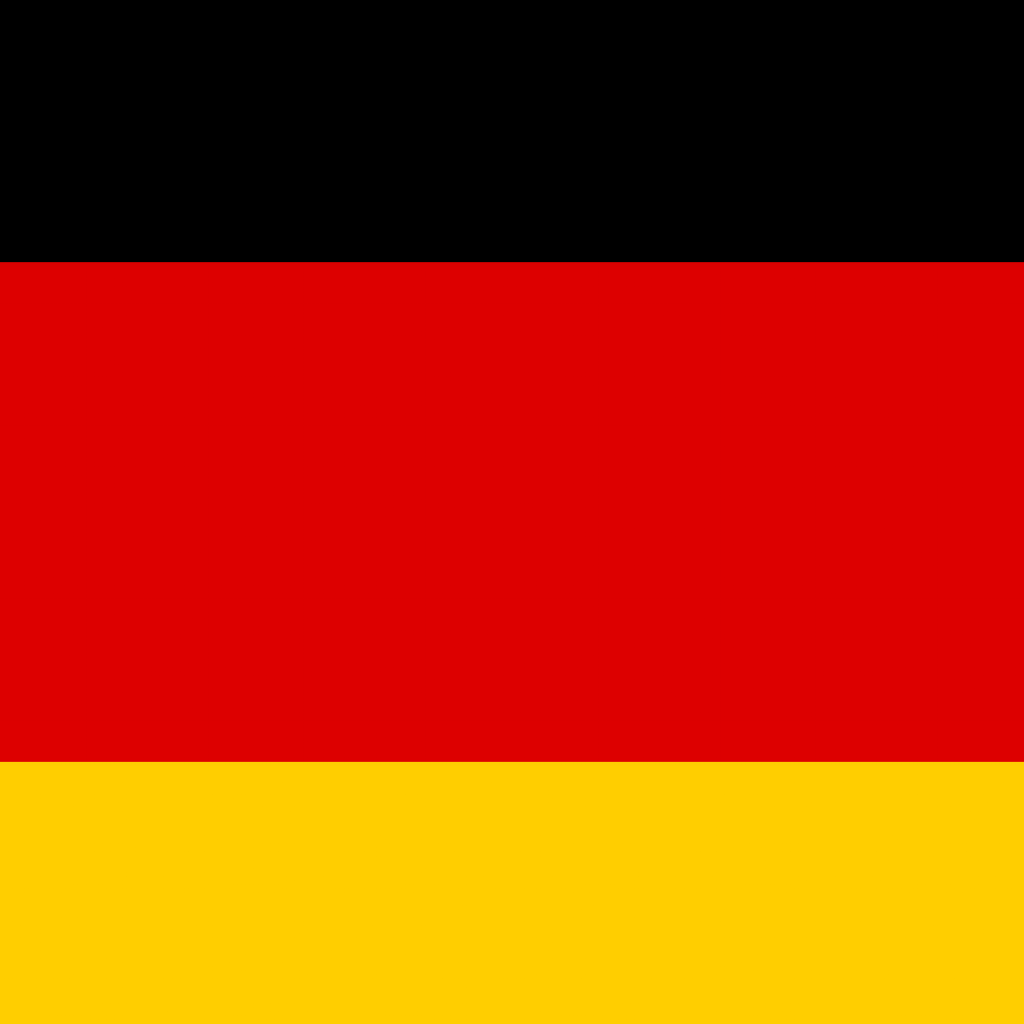(TheRegister) Germany is getting more serious about quantum computing with the foundation of the QSolid project which aims to build a complete quantum computer based on cutting-edge native technology.
QSolid has been formed by a consortium of 25 German companies and research institutions, backed by funding from the country’s Federal Ministry of Education and Research, which has stumped up €76.3m ($84m) for the next five years.
The German research project will be coordinated by the Forschungszentrum Jülich, one of the largest interdisciplinary research centers in Europe, and aims to drive development of quantum systems by creating qubits of a high quality, aiming to deliver a demonstrator by mid-2024.
QSolid brings together research institutions, companies, and start-ups from across Germany, including Jülich Supercomputing Centre (JSC), the Central Institute of Engineering, Electronics, Fraunhofer IPMS and Karlsruhe Institute of Technology (KIT), plus ParityQC, Rosenberger HF-Technik, Atos science+computing AG and Globalfoundries.
“Our focus is on improving the quality of the quantum bits, a goal we are pursuing on all levels in QSolid,” said Professor Frank Wilhelm-Mauch from Forschungszentrum Jülich, who is the QSolid project coordinator.
The QSolid members aim to develop a system containing various quantum processors based on superconducting circuits, which is the type of technology used by many other outfits developing quantum systems, such as IBM and Google. However, the current level of technology produces qubits that are of low quality, meaning that they have a high error rate, which is where QSolid is focusing its research.
The quantum system developed by QSolid will be located at Forschungszentrum Jülich, and it is planned to operate at least three different quantum processors in parallel. One of these is described as a “moonshot” system planned to have computing power that will exceed that of conventional supercomputers, while another will be an application-specific system designed to perform quantum calculations for industry, and the third will be a benchmarking platform aimed at the development of digital twins and industry standards.
Germany bankrolls effort to build home-grown quantum systems
